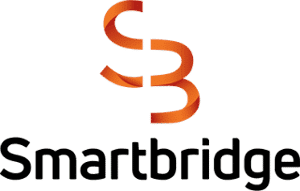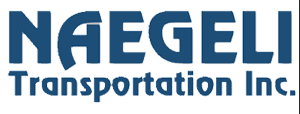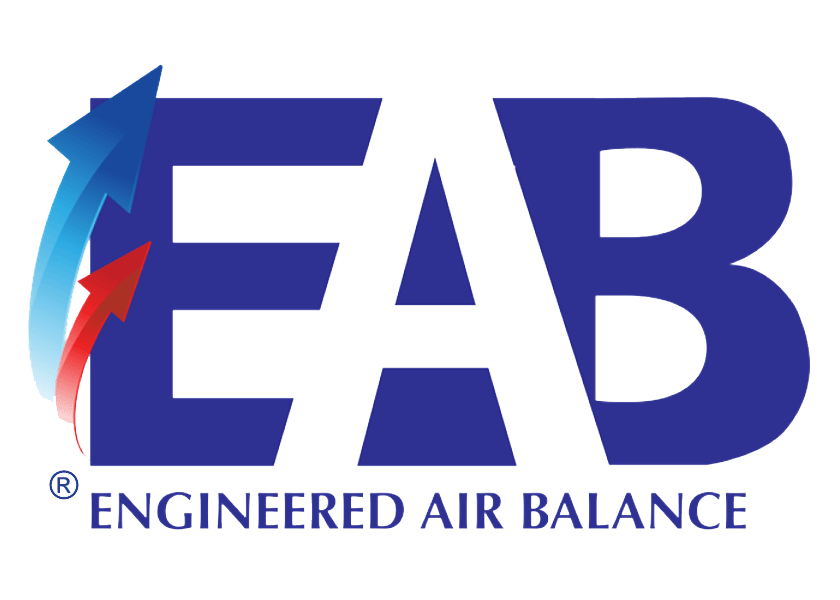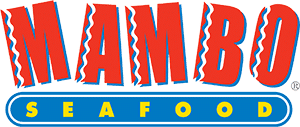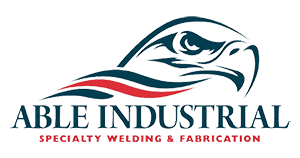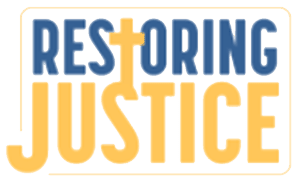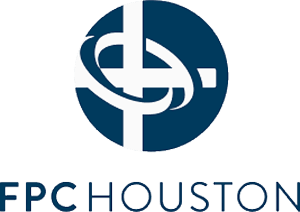
Achilles Group approaches the need for Corrective Action both as an effort to get the employee back on track and to provide an employer with a defensible position if the corrective action ultimately builds to the point of needing to terminate employment. Today’s message provides more valuable insight into Corrective Action and how Achilles Group can work with your leadership team to help get your employees back on track.
Let’s start with the basics. What is Corrective Action?
Corrective Action, in our view, is a process of working with an employee to address and correct misconduct. Part of our engagement as leaders is to help employees succeed, but this requires the employee’s willing participation and effort to achieve a successful outcome. We want to provide leadership with an alternative view of corrective action, specifically, as a means to get your employees back on track. It is Achilles Group’s philosophy that we don’t hire people to lose them, however, if an employee’s misconduct negatively impacts your business it needs to be addressed through Corrective Action.
This area of addressing misconduct through Corrective Action is one of the activities that can create significant risk for organizations. At Achilles Group we have developed our toolkits and training around applying the process in a way that results in getting the employee back on track, mitigates risk and sets an organization up for a successful unemployment response should termination be the end result.
If Corrective Action is so effective, why don’t leaders use it more?
Fundamentally, no one likes to get “written up”. Most leaders and supervisors really don’t want to write an employee up because they don’t want to have the tough conversation. So, we tend to placate the issues, tolerate them longer than we should and try to talk around them. And in the process, we’re doing a disservice to the employee who doesn’t truly know the severity of the situation. The worst part about all of this is that it really does disrupt the business. It doesn’t get addressed, and the leader or supervisor gets fed up and wants to fire at will.
All of which then creates risk to the organization – lack of documentation, a lack of context, etc. We don’t believe any of this is necessary.
How can Corrective Action be used in a way that avoids all of this?
In the Achilles Group philosophy, we believe that this dynamic can be avoided if we commit ourselves to two principals: One, we don’t hire people to lose them. Hire the right people the first time, then work hard to help them be successful in their roles and produce for the company. Two, if they’re not producing or succeeding, or their behavior is getting in the way of success, part of our commitment is to give them honest, direct feedback, and if necessary, Corrective Action.
Now in this context, Corrective Action isn’t just about, “Hey, here’s what you’re doing wrong, you’d better get it right or else”. It’s about helping an employee see how expectations can lead to success for them and the business. Most importantly, how that employee can use their talents and abilities in a way that is productive for their career to move forward. In other words, the goal of using Corrective Action is not to bruise you, the goal in using it is for you to get back on track and move forward in your career. Not only are we motivated to help them get back on track, we’re motivated to help them move forward. And, it does not relieve them of responsibility for improvement on their side. In fact, it makes it essential that they engage with the process to achieve and meet expectations.
What happens if the employee doesn’t respond as expected to the Corrective Action path that was laid out for them?
In a case where Corrective Action was not successful, the leader would move to make a recommendation to terminate and be prepared to consult with human resources and answer the following questions: Is there a pattern of misconduct? How has the company historically handled similar issues? Do I need a witness before confronting the employee? Was misconduct egregious?
To be clear, we make sure the employee knew that if they did not adopt a productive path it could lead to termination. We’ve given them an opportunity to get on a path to success, and if the employee decided not to take advantage of that, then we’ve taken all the steps necessary to defend this effectively in unemployment or any other employment-related claims.
If they choose not to get back on track, that’s fine, they’ve made their decision. We’ve done our part, and if they choose not to be apart of the organization, we’ll go down the path of termination and move on.
Our goal is to equip supervisors and front-line managers with a philosophy of working for success, even while you’re giving someone corrective action.
Stay tuned for the upcoming segment on how to successfully respond to an unemployment claim and what misconduct actual looks like.























